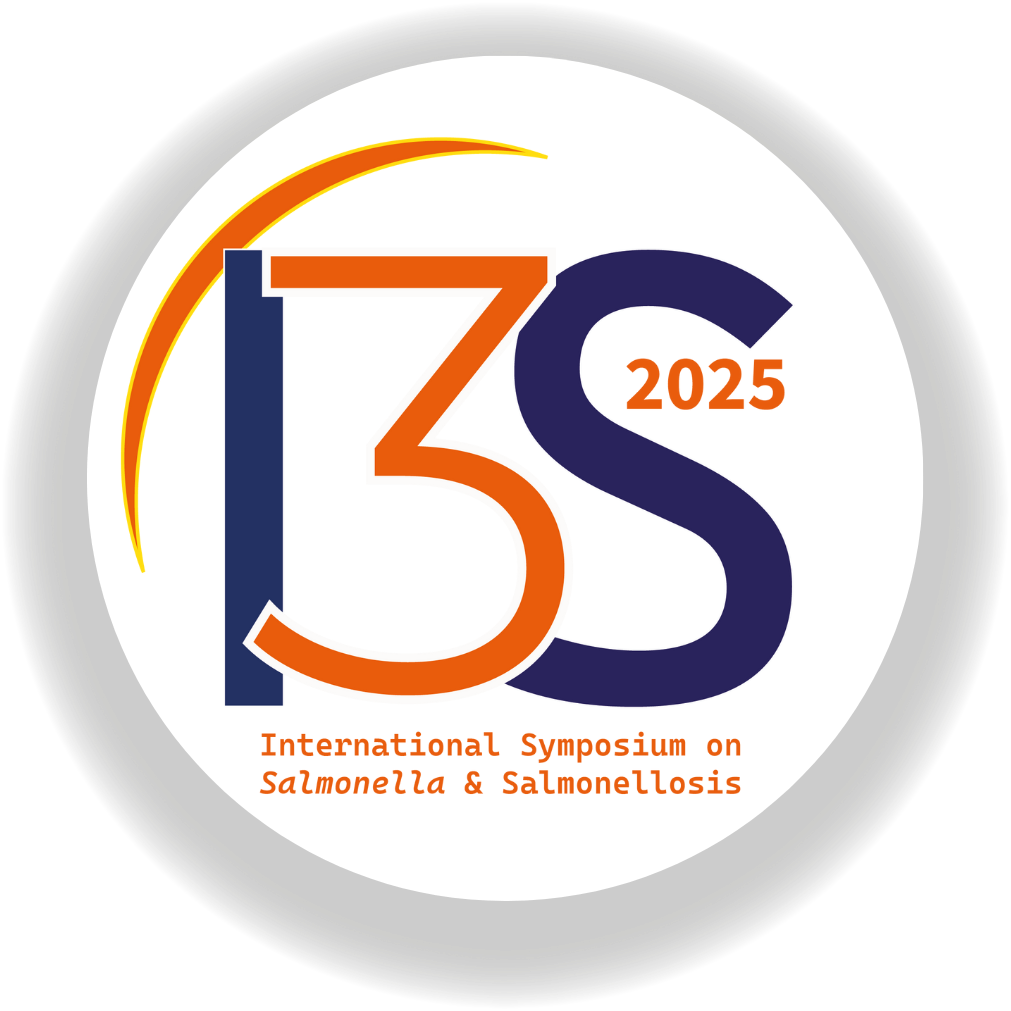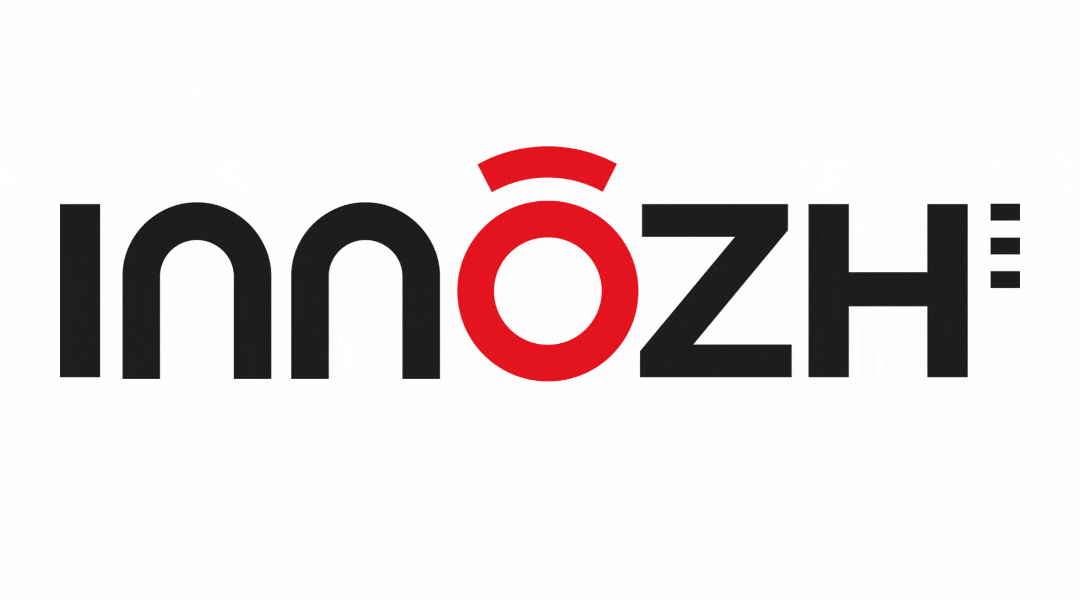Program
Session 1
Interactions between Salmonella hosts and microbiota
Isabelle Virlogeux-Payant, Co-head of the group « Signalling, carriage and virulence of bacteria” in the Infectious Diseases and Public Health Department, INRAE
Mikael Sellin, Professor of Molecular Medicine – Infection BiologyUppsala University
Salmonella is a facultative intracellular bacterium found within various phagocytic and non-phagocytic cells and able to infect a wide variety of hosts belonging to the animal and plant kingdoms. The success of host colonization by Salmonella relies on its ability to interact with host cells, to resist the host immune response and to outcompete the microbiota. The session devoted to « Interactions between Salmonella, their hosts and the microbiota » aims to bring together the scientific community working on a variety of hosts and models (at the bacterial, cell, organoid or animal level) and allow them to present their recent findings and discuss future challenges.
Session 2
Antimicrobial resistance and horizontal gene transfer
Benoît Doublet, Research Director, head of research group on antimicrobial resistance, INRAE
Marie Anne Chattaway, Joint Head of Specialist Scientific Reference Service (Salmonella), Higher Specialist Scientific Trainee (Royal Free Hospital), UK Health Security Agency
Antimicrobial resistance is a main public health challenge worldwide. Fighting this threat is a public health priority that requires a collaborative global approach across sectors. Although most human Salmonella diarrheal infections are self-limiting, invasive infections can occur that require antimicrobial therapy. Over the past decades, emergence of multidrug resistant serotypes of Salmonella have been observed, sometimes including resistances to critically important antibiotics which can cause treatment failures.
This session will focus on the molecular epidemiology of emerging antimicrobial resistant serotypes of Salmonella. All antimicrobial resistance mechanisms will be also considered such as target modification, protection of the target, efflux, decreased permeability, enzymatic inactivation as well as induction of resistance mutagenesis… All horizontal gene transfer mechanisms implicated in the successful spread of mobile genetic elements harbouring resistance genes (plasmids, integrative elements, phages…) will be also of interest as well as genetic defence systems in this session.
Session 3
Risk assessment and control measures
Laurent Guillier, Project Manager, ANSES
Francisco Zagmutt, Managing Director, Epix Analytics
The impact on risk of control measures for Salmonella applied along the farm to fork chain is the main scope of this session. Communications addressed to this session should deal with concrete examples on control measures or with modelling approaches for exposure assessment, risk characterization. Source attributions models are also welcomed in this session.
Session 4
Ecology and epidemiology along the food chain and beyond
Marianne Chemaly, Scientific Director Food Safety, Head of HQPAP Unit, Anses
Co-chair : Jose Emilio Esteban, Chief Scientific Officer, Mérieux NutriSciences
Epidemiological investigations for sampling and tracing Salmonella contamination throughout the food chain and the possible control measures applied are the focus of this session. It covers the contamination of the food chain by Salmonella, from farm to fork and the environment. Communications addressed to this session would deal with the contamination and follow-up of animals, plants and environmental premises, and the control at the primary production, processing and at retail levels. Communications covering emerging serovars in domestic and wild animals are also welcomed in this session.
Session 5
Evolutionary and comparative genomics
François-Xavier Weill, MD, PhD, Enteric Bacterial Pathogens Unit, Institut Pasteur
Rob Kingsley, Professor of Microbiology, University of East Anglia, Quadram Institute Bioscience
Over the last two decades, microbial genomics has revolutionised our understanding of the diversity, evolution, and function of Salmonella. This session is therefore dedicated to the use of whole genome sequencing to study population structure, phylogeography and evolution of Salmonella populations of interest (e.g., emerging or re-emerging, antimicrobial drug-resistant, ancient DNA and historical isolates, ….).
Beyond genome evolution and comparative genomics, communications can also cover any of the following fields: bioinformatics infrastructure and analysis tools, genomic data and nomenclature, compatibility with former typing methods.
Session 6
Update on reference methods and new alternative methods for Salmonella detection, quantification and identification
Bertrand Lombard, Project Manager – Reference coordination, ANSES
Co-chair: Kirsten Mooijman, Researcher in microbiology and director of the Salmonella Reference Laboratory, RIVM (National Institute for Public Health and the Environment) in the Netherlands
This session intends to give the latest news regarding expected changes in the ISO reference methods for the detection and identification of Salmonella in the food chain (ISO 6579-parts 1 and 4), as well as regarding innovative (proprietary or non-proprietary) methods that can be used as alternative to the ISO reference methods for Salmonella detection, quantification and identification. Communications proposed for this session should deal with reference methods at ISO, regional or national levels and/or new alternative methods, with a focus on their intended use and degree of validation.
Session 7
Epidemiology and public health
Nathalie Jourdan-da Silva, Senior medical epidemiologist, Santé Publique France
Co-chair : Lesley LARKIN, Consultant Healthcare Scientist in Gastrointestinal Infections, Public Health Scotland
Salmonella is an important public health challenge in many countries. Improved surveillance and investigations supported by whole genome sequencing are better defining the nature of the challenge. This session will provide updates on the emerging Salmonella strains, vehicles of transmission, and potential to target improved prevention measures.
Abstract submission system
I3S congress has strategically chosen to leverage the Sciencesconf.org platform for abstract management due to its robust features tailored for academic events.
Sciencesconf.org was developed by CCSD, a French research support unit under the supervision of CNRS, INRIA, and INRAE, serving scientific and academic communities.
Don’t hesitate to contact us if you have any questions or encounter any issues during the submission process : i3scongress[@]innozh.fr
Thank you for your interest, Submissions are now closed
Calendar
- July 2024 : Call for abstracts open
- December 6th, 2024 : Online registration open
- January 7th, 2025 : Deadline for oral communication submission
- February 2025 : Final oral communication notification
- March 2025 : Deadline for poster submission
- April 2025 : Final Poster notification
- June 2025 : see you in Saint-Malo !
INNOZH, 2 Rue Jean Rostand, 22440 Ploufragan, FRANCE
E-mail : i3scongress@innozh.fr
Phone : +33 2 96 76 61 52

